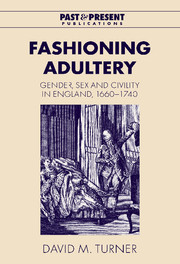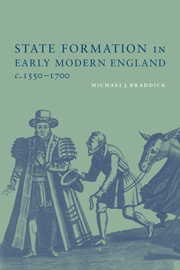The Rule of Manhood
Through stories of lustful and incestuous rulers, of republican revolution and of unnatural crimes against family, seventeenth-century Englishmen imagined the problem of tyranny through the prism of classical history. This fuelled debates over the practices of their own kings, the necessity of revolution, and the character of English republican thought. The Rule of Manhood explores the dynamic and complex languages of tyranny and masculinity that arose through these classical stories and their imaginative appropriation. Discerning the neglected connection between concepts of power and masculinity in early Stuart England, Jamie A. Gianoutsos shows both how stories of ancient tyranny were deployed in the dialogue around monarchy and rule between 1603 and 1660 and the extent to which these shaped English classical republican thought. Drawing on extensive research in contemporary printed texts, Gianoutsos persuasively weaves together the histories of politics and manhood to make a bold claim: that the fundamental purpose of English republicanism was not liberty or virtue, but the realisation of manhood for its citizens.
- Deepens our understanding of the influence of the classical, and particularly Roman, heritage on the seventeenth century
- Attends to ideas of gender, and especially of masculinity, in political discourse before and after the English Revolution
- Draws on extensive research in contemporary printed texts to show how classical stories of ancient tyranny were reimagined in dialogues around monarchy and classical republicanism between 1603 and 1660
Reviews & endorsements
'This ambitious and engaging book offers a salutary reminder of how English culture, at least as absorbed by boys with grammar-school educations, was steeped in classical history.' Ann Hughes, The Journal of Interdisciplinary History
'Gianoutsos offers perceptive rereadings of key republican thinkers, and by placing gender at the core of analysis makes important interventions in long-standing debates among historians of republican thought.' Alastair Bellany, American Historical Review
'This is an ambitious and ground-breaking book, carefully argued and built on a lot of fresh evidence. In linking the English Revolution with masculinism, Gianoutsos makes it into a deeply conservative, reactive phenomenon.' David Norbrook, Global Intellectual History
'The elegance of Gianoutsos's study is to reveal how much extant evidence there is that gender was at the center of this political conflict. … [an] impressively researched book…' Emelye Keyser, Renaissance Quarterly
'… a welcome and timely contribution to our understanding of the intellectual and cultural origins of English republicanism.' Gregory Chaplin, JBS Review
Product details
February 2024Paperback
9781108746243
438 pages
228 × 151 × 23 mm
0.64kg
Available
Table of Contents
- Part I. Emasculated Kingship:
- 1. Tyranny, manhood, and the study of history
- 2. A chaste Virginia: tyranny and the corruption of law in Jacobean England
- 3. 'And thus did the wicked sonne murther his wicked mother': Nero and the tyrannical household in late Jacobean England
- 4. Neronian corruption in Caroline England
- Part II. The Masculine Republic:
- 5. John Milton, marriage, and the realisation of Republican manhood
- 6. 'Begin now to know themselves men, and to breath after liberty': Marchamont Nedham and the Republican empire
- 7. 'So much power and piety in one': Oliver Cromwell and the masculine republic.







